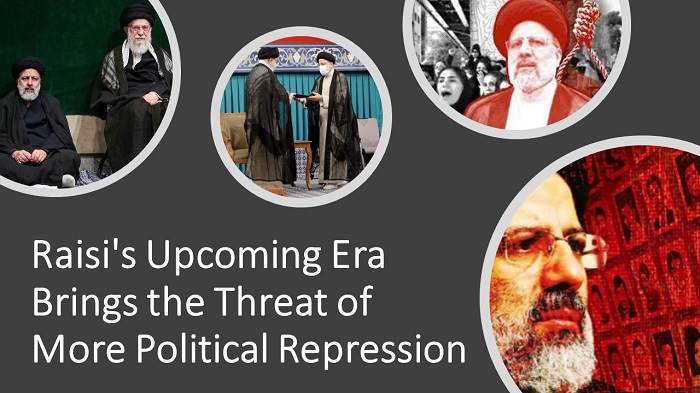
The next president of the Iranian government takes office on Thursday for a four-year term. That date marks the start of a “new era” in Iran, according to Iranian opposition leader Mrs. Maryam Rajavi, the President-elect of the National Council of Resistance of Iran’s (NCRI)which would be marked by an increase in “hostility and enmity between the Iranian regime and society.”
Boycotting the engineered election
The vast majority of Iran’s people condemned Ebrahim Raisi’s presidential candidacy by boycotting the engineered election in which he was the sole viable contender. People embraced the message of the Iranian opposition, frustrated by the regime’s choice to install a notorious human rights abuser in the country’s second-highest office.
The People’s Mujahedin of Iran (PMOI / MEK Iran) urged all Iranians to regard the boycott as a way to “vote for regime change” for nearly two months leading up to the June 18 election.

The widespread protests
Citizens from more than a dozen other provinces have expressed solidarity with Khuzestan people protesting water shortages, citing both the regime’s role in deepening the issue and security forces’ harsh response, which murdered several people within a week of the unrest that begun on July 15.
The regime’s response to the widespread protests, particularly in 2019, was soon compared to this crackdown.
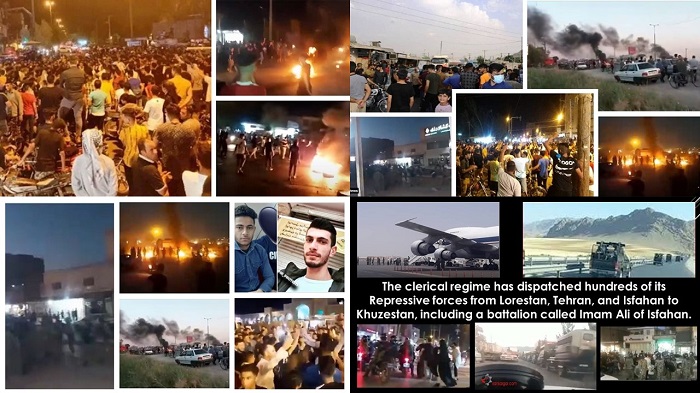
1,500 individuals were killed
Consequently, almost immediately after masses of protesters rushed to the streets, security forces and the Islamic Revolutionary Guard Corps opened fire on them. Nearly the course of several months, over 1,500 individuals were killed, while thousands more were detained and tortured.
Reuters confirmed in a special report on December 23, 2019, about the deadly crackdown on November nationwide protests in Iran the death toll of 1500 that was announced by the People’s Mojahedin Organization of Iran (PMOI) on December 15, 2019.
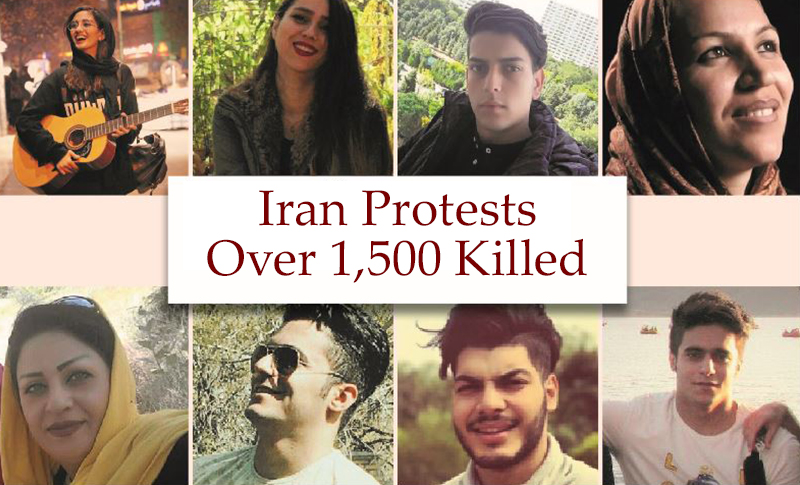
The summer of 1988
Ebrahim Raisi, who had been appointed to head the judiciary just a few months before, was one of the main contributors to the crackdown. In that role, he oversaw a growth in the number of cases in which the death sentence was used, despite the fact that Iran has long been known as the country with the highest per-capita rate of executions in the world, according to the mullahs’ regime.
As Deputy Prosecutor for Tehran in the summer of 1988, Raisi became a key member of the capital’s “death commission,” which was tasked with carrying out a fatwa issued by the regime’s founder, Ruhollah Khomeini.
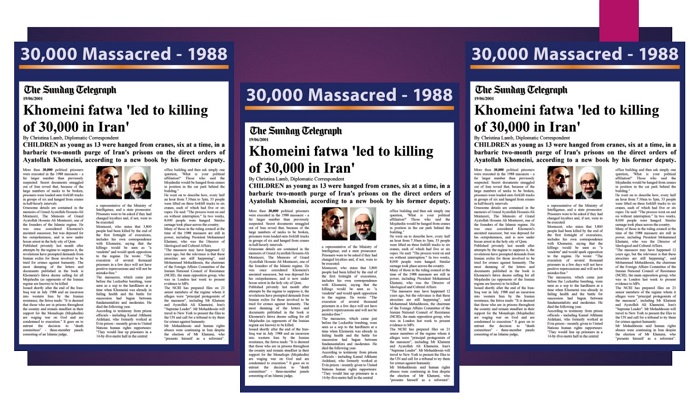
Executed over 30,000 political detainees
The religious decree maintained that groups opposed to the theocratic regime, particularly the MEK, were fundamentally guilty of “enmity against God” and that its members should be executed immediately.
Over the course of three months, the Tehran death committee interrogated and executed over 30,000 political detainees, becoming the first of many similar panels across the country.

Amnesty International Secretary-General
Amnesty International Secretary General Agnes Callamard said in a statement the day after Raisi’s selection: “That Ebrahim Raisi has risen to the presidency instead of being investigated for the crimes against humanity of murder, enforced disappearance, and torture is a grim reminder that impunity reigns supreme in Iran.”
The international community cannot remain silent in the face of this escalating crisis. Western nations and the UN must demonstrate their support with the Iranian people by launching a long-overdue investigation into the 1988 massacre and taking steps to hold Raisi and others accountable for the regime’s shameless promotion of human rights violations.
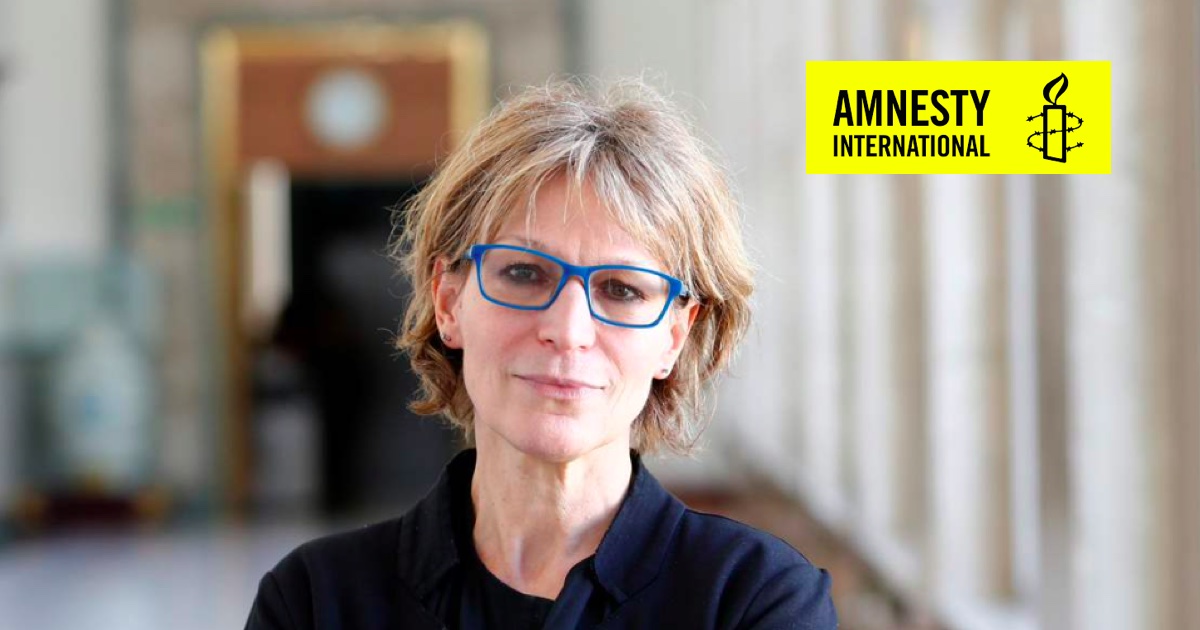
MEK Iran (follow us on Twitter and Facebook)
and People’s Mojahedin Organization of Iran – MEK IRAN – YouTube







